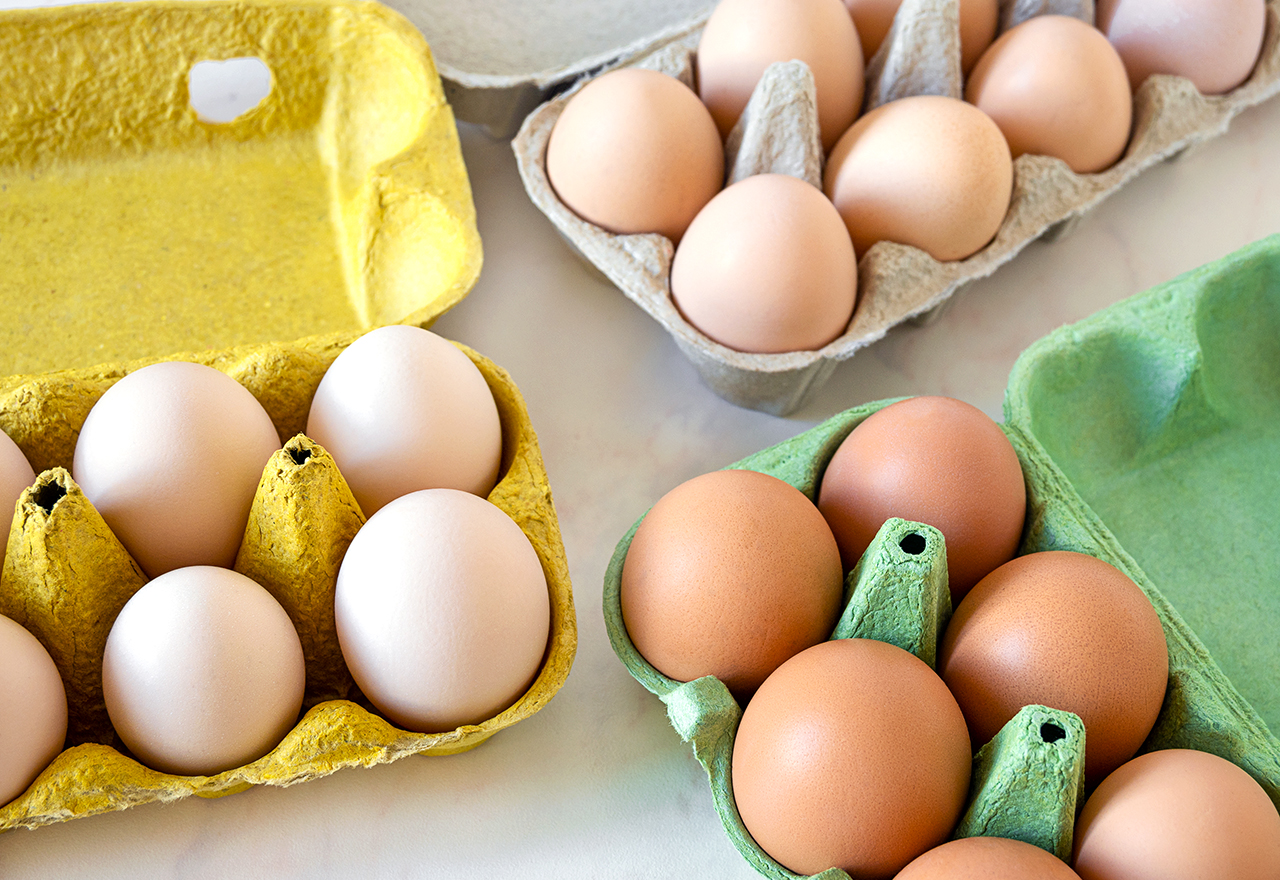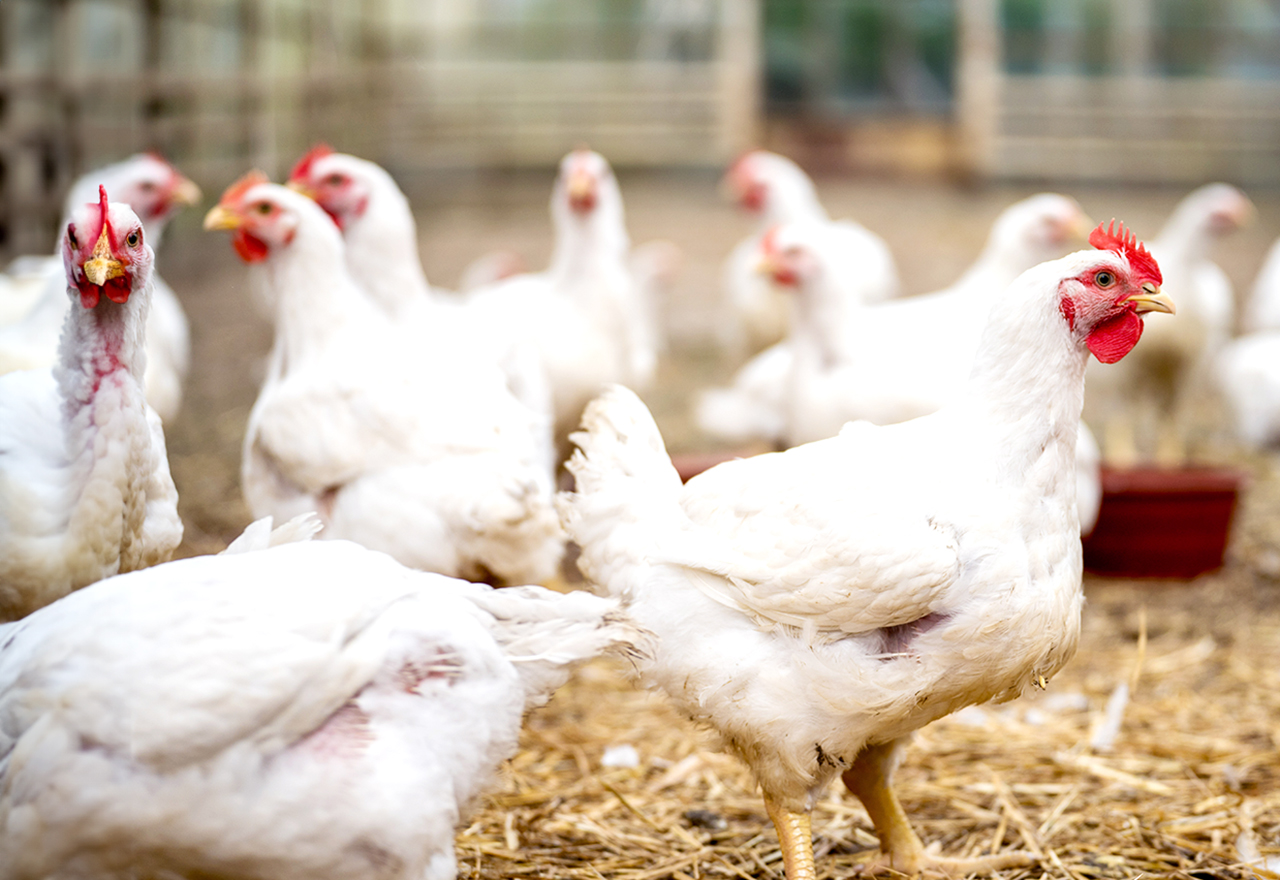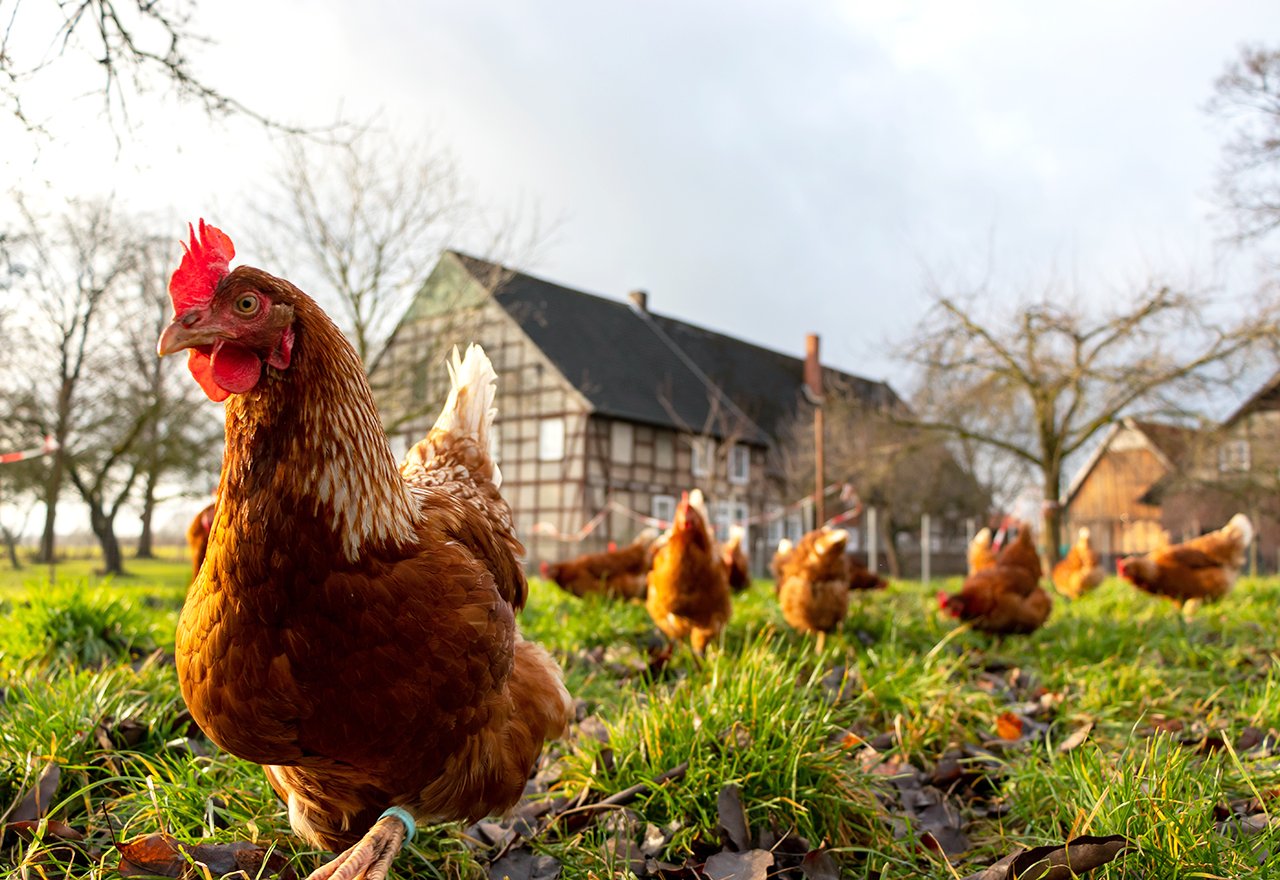The Many Labels on Egg Cartons
by Maureen Wise, on November 6, 2023

Eggs are such a fantastic food. They can be scrambled, poached, fried, cooked into a hash, made into an omelet, prepared into eggs benedict or a souffle, and so much more. Eggs are often an easy first protein for babies (beyond cheese and breastmilk or formula), beloved by vegetarians, and cook up in just minutes. They’re needed for delectable desserts such as cakes and cookies, as well as meringue pies. Plus, eggs are the base of mayonnaise, an addition to lasagna, a staple in fried rice, making them a great fit for a myriad of meals. Many people keep their own chickens, so you can often find fresh eggs in your local community. If you’re buying eggs at the grocery store though, there is a lot of terminology that isn’t quite straightforward. Let’s dig into what some of these labels mean.

Where The Chickens Live
There are a few labels that relate to the amount of space that chickens occupy and the conditions where they spend their egg-laying days.
Conventional
You’ll never see this label on an egg carton, but you’ll know conventional eggs by their styrofoam carton and cheap price. Heartbreakingly, and most often, these egg-laying chickens are kept in wire cages with wire floors stacked on top of each other. These cages do not offer enough space for the chickens to spread their wings. Sometimes, there’s one hen per cage, sometimes more.
Cage-Free
When an egg carton label says that their chickens are “Cage-Free,” it means that they are not kept in cages but instead are in large open barns with thousands of other chickens. They can move around and spread their wings but are still very crowded by the other birds and do not have access to the outdoors.
Free-Range
Egg carton labels with the words free range don’t always mean the same thing. What it definitely does mean is that the chickens can have the opportunity to go outside. But do they actually go outside? Not always.
Pasture-Raised
Pasture-Raised means that the chickens are definitely outside in the sunshine and can spread their wings, run around, “bathe” in the dirt, and peck around for bugs. This label can mean that only 400 chickens are kept in an acre of space and rotated to different plots frequently, almost an ideal condition for chickens. This amount of space makes for a healthier, happier chicken but also has less impact on the land itself. These eggs are a premium product and will cost a lot more than conventional eggs.

What The Chickens Eat
There are also labels related to what the chickens eat.
GMO-Free
This label indicates that chickens are not fed grains that have been genetically modified.
Organic
An egg carton that has the organic label is highly regulated. It means that the chickens only eat organic food. It also means that the land that they’re hanging out on (and this is often the big pasture of pasture-raised eggs) is not treated with herbicides or pesticides. You know how we feel about herbicides and pesticides at Good Nature Organic Lawn Care. There are a lot of bad actors out there and if we can avoid such products, we’d rather go that route. (A dandelion never offended any of us!)
Other Labels
There are a few other labels that give more insight into how the hens that laid the eggs live out their daily birdy lives.
Certified Humane
This standard is always being updated by veterinarians and animal welfare groups. It requires 1.5 square feet per hen, but has options for cage-free, free-range, and pasture-raised living arrangements.
Animal Welfare Approved
This means that the hens are not in cages and have access to the outdoors, 4 square feet per hen. It requires that they have “enrichment” options and natural light.
Global Animal Partnership & American Humane Certified
These two labels have multiple steps or categories so producers that are Cage-Free can be a lower step while Pasture-Raised has a higher step. These hens definitely have better living conditions than conventional egg layers but the Cage-Free or Pasture-Raised labels tell you a bit more.
There are many conditions in which egg-laying chickens can live out their lives. Do the chickens that hang out in the sun and have room to roam produce tastier eggs? Most people agree that they do.
Will you change how you shop for eggs now that you know some of the requirements behind these egg labels?











